Sonil Dedhia in Mumbai
Karan Johar takes a step out of his comfort zone to direct a short film for Bombay Talkies, a film celebrating 100 years of Indian cinema, which will release on May 3.
The filmmaker admits he's an unusual choice for the job, as he's pit against directors like Anurag Kashyap, Zoya Akhtar and Dibakar Banerjee, who will be directing the other three stories in Bombay Talkies.
Modern, urban, larger-than-life romance has always been Karan's forte. Time and again his films have offered a fresh perspective on relationships and his short film in Bombay Talkies is on similar lines.
In this conversation with Sonil Dedhia, Karan explains what drew him to direct a short film on a constrained budget, his biggest fears as a filmmaker, and his early memories of watching films.
You have never directed a short film nor have you ever had a fixed budget for your films. So why did you direct a short film in Bombay Talkies?
Yes, I am the unusual choice (laughs). Anurag (Kashyap), Dibakar (Banerjee) and Zoya (Akhtar) were all on board. When Ashi Dua (co-producer of Bombay Talkies) approached me, I asked her for some time.
It was Zoya who pushed me to do Bombay Talkies. I have never directed a short film in my life. Also, I don't work with budgets but with this film, I had to work with a certain budget, which was given to all the four directors.
I wanted to take up this challenge so that I could push my boundaries, which would ultimately help me grow.
'My parents were initially shocked when I told them about becoming a director'
Image: Rani Mukerji in Bombay TalkiesWhat have you learnt from Zoya Akhtar, Anurag Kashyap and Dibakar Banerjee?
I love Zoya's clarity of vision. She knows what she wants to make and will try to achieve it with ease.
I love Anurag for being so brilliantly traditional with the aesthetics of his films and at the same time he pushes the envelope for other filmmakers.
Dibakar has a very unique style of narrating a story. His story telling tactic is very unusual.
When did you get the first inkling that you would be making films?
I think ever since I started watching Hindi cinema, I always had the creative side of me buzzing with ideas. Films like Awara, Kagaz Ke Phool and Pyaasa actually hooked me to cinema.
The first film I saw on VHS was Kaagaz Ke Phool. During my growing up years, I was exposed to cinema by Bimal Roy, Raj Kapoor and other filmmakers. I gradually moved to filmmakers like Yash Chopra. I don't think I can be biased towards any filmmaker or any particular genre.
How did your parents react when you said you wanted to be a director?
My parents were initially shocked when I told them about becoming a director. They were not prepared for something like that. They weren't really inclined to cinema and on the other hand I felt I was cut out to be in cinema.
My core conviction coupled with hard work and sincerity has made me what I am today.
'Amitabh Bachchan is like a father figure to me'
Image: Amitabh Bachchan in AgneepathWhat are your early memories of watching a film in the theatre?
My first film in a theatre was Roman Holiday. I was just five when I saw it. I remember watching the film at Eros Theatre with my mother.
I was completely blown away and mesmerised by the film. I fell in love with the fact that there is something called a film and you can actually sit in a theatre and get into another person's life and world.
You are a self-confessed fan of Amitabh Bachchan. Do you remember the first time you met him?
My parents had taken me to Amit uncle's house. I was sitting in a room when he came in and I saw this larger than life personality standing in front of me.
He always makes heads turn and he did even then. My parents told me touch his feet and that is why I follow this till today.
We are like a family. His children Abhishek and Shweta are my good friends and I grew up with them. He is like a father figure to me.
What is that one thing that you love about cinema the most?
It is the only industry in the world where you can sing and dance, laugh and cry and still be at work. It is the only industry where you can become the god and create your own world and do what you want.
'Today very few filmmakers are able to make good romantic films'
Image: Shah Rukh Khan and Kajol in Kuch Kuch Hota HaiRomantic films have been your forte. Why do you think we don't make love stories like we used to in the 1970s and 1980s?
I think pure and unadulterated romance in films has taken a beating because of the cynicism that has crept into everyone's head today. Very few filmmakers have gone past that today and made good romantic films.
I was reading one of your interviews where you said you wished romantic Indian films could show more sex.
Sex is such a big part of any relationship or love story. Sex is a result of love and I believe that real passion in a love story comes from sex.
We shy away from accepting this because of the moral policing and censorship issues. Most of the moral policing is not justified at all. People make such a big deal out of a small thing like a kiss.
I feel filmmakers should make films they believe in. I also agree that certain things should be represented in an aesthetic way.
Eventually we have to become a proud filmmaking nation and push the envelope in every way possible.
'I don't think box office is a barometer of how good a film is'
Image: A scene from Kabhie Khushi Kabhie GhamIn the past, it was the number of weeks that mattered for a film. Today, it is box office collections.
Economics play a big part so if a film has done well at the box office, it will be touted as a hit. At the same time, I don't think box office is a barometer of how good a film is.
I don't know the box office of the films that I have loved. I don't know the collection of Kabhie Kabhie or Pyaasa or Kagaz Ke Phool.
Ultimately, any film that you like should leave a mark on you.
What are some of things that you would like to change about yourself as a person, which you feel might make you a better filmmaker?
I would like to slow down and do fewer things that will help me stay focused. Unfortunately, my mind runs like a treadmill.
I have a commitment towards my company and so I have to keep a balance between a producer and director. I wish I could play only one role -- either being a producer or director -- but that is not possible.
Are you still under the constant pressure of delivering a Karan Johar film?
Not any more. I had that burden at one point of time.
Right now I would like to deconstruct what people think a Karan Johar product is. I may fail or succeed but I never want to make a substandard product. I don't want to cringe when watching my film.
My aim will always be to deliver a quality film to my audience.
'I will surely make a film on the common man'
Image: Shah Rukh Khan and Kajol in My Name Is KhanWhat is your biggest fear as a filmmaker?
Failure is the biggest fear for me, or for that matter, any filmmaker.
Failure doesn't pull me down -- it just inspires me to move on and do my best in the next endeavour.
A lot of filmmakers that you admire like Guru Dutt and Bimal Roy were socialists. The common man was their main agenda. Would you ever make a film on a common man?
Of course I will. I have always maintained that I will never say no to anything.
I have been accused of not doing certain things but I do things at the right time and the right place. I will surely make a film on the common man.
Your father Yash Johar has contributed in his own way to Indian cinema. What have you learnt from him?
I learnt a lot as a human being. As a producer he was always a people's person and that is what I have learnt from him.
It is very important to be comfortable with the people around you. It is also necessary to keep the cast and crew extremely satisfied by caring for them.
Dharma has been known as a good paymaster. Sometimes technicians bring more value to the table than lead actors. I like to pay my actors and technicians well.
My father was a very honourable man and I hope to keep up the legacy. I can never be a quarter of the human being that he was, but if I have succeeded even up to a point, it is all because of his teachings.
'I never shy away from the criticism that comes my way'
Image: A scene from GippiMany filmmakers give two or three hits and then vanish into oblivion. How do you keep on evolving as a director?
Time has evolved and I need to change with time. To strike a balance between what is real and what is mainstream is the order of the day.
I am always open to listening to new ideas. A lot of filmmakers are isolated from the outside world.
I feel that it is very important to appreciate and acknowledge the work of other filmmakers, which I do very consciously as it helps me better my own craft.
I never rest on my past laurels. I always try and take giant leaps and that is what I am doing by producing films like Gippi, Ungli, Gutka and many other films.
There are hardly any filmmakers who appreciate other people's work.
Yes, everyone in the industry is so full of themselves that they don't acknowledge somebody else's brilliance. No one has the time to stop and appreciate the work of other filmmakers.
It's always good to question a film that has been successful, and find out the reasons why it became so successful.
I never shy away from the criticism that comes my way. It is only when you hear so many people talking about your film that you will be able to understand where you went right or wrong.
You are working with a director like Rohit Shetty and an actor like Emraan Hashmi, who you would not have used in the kind of films that you make.
I think people like Rohit Shetty and Emraan Hashmi are very committed and sincere individuals. They are unapologetic about their beliefs.
Rohit is a director, who doesn't care what anybody thinks about his films. He makes his commercial endeavours with complete conviction. I like that conviction in him. His films make a lot of money and as a producer; I don't think I can ask for a better director.

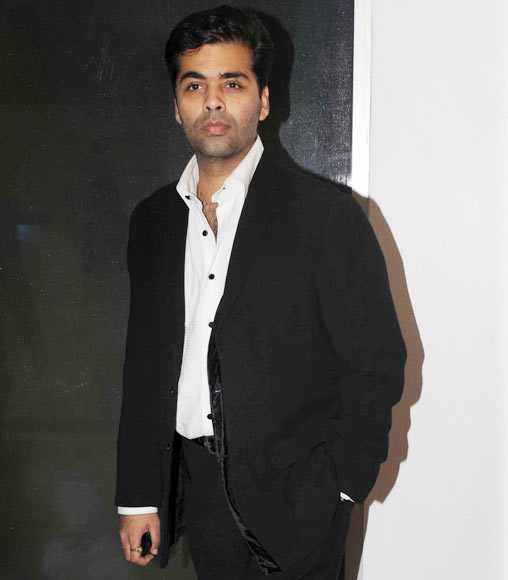
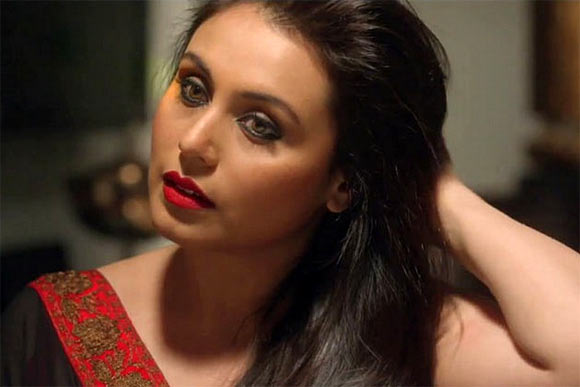
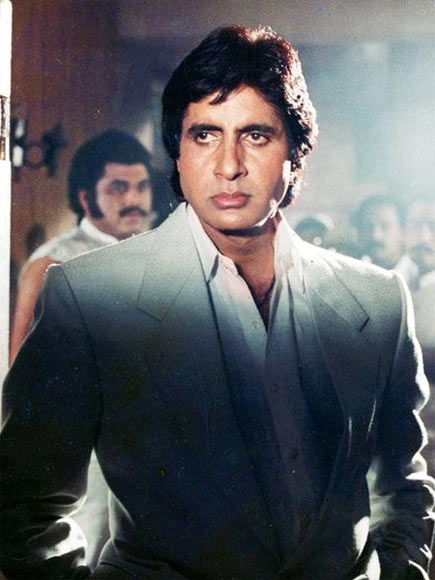
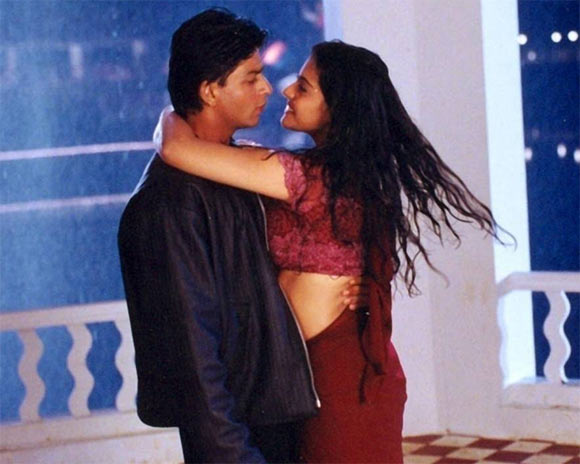
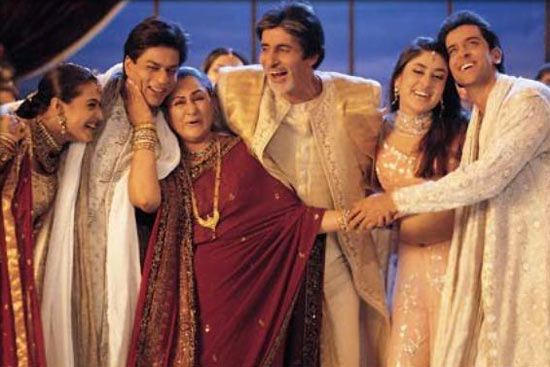
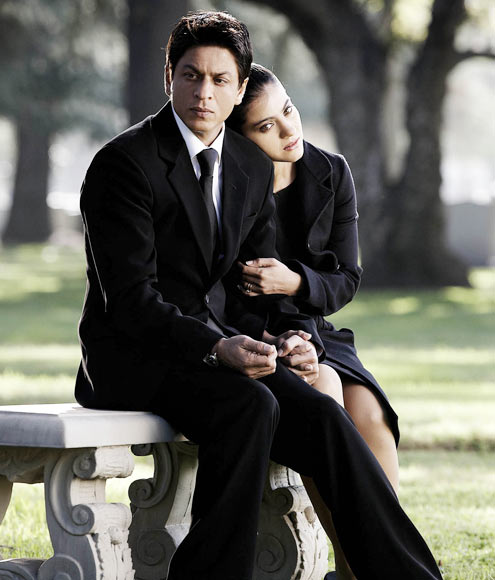
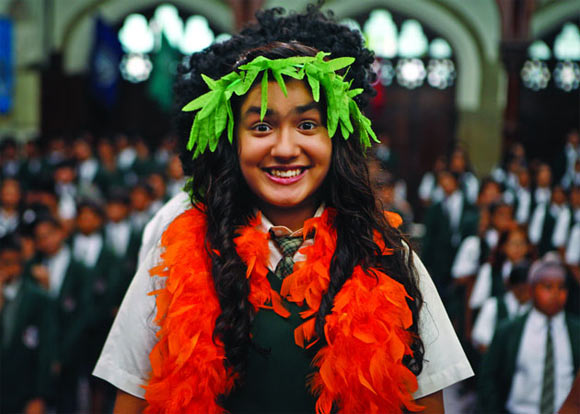
Comment
article